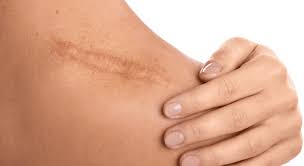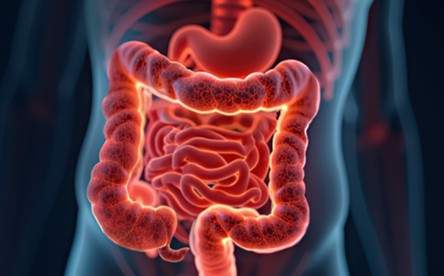nourish from within
Hair is one of the first things to show nutrient shortages, so we prioritize protein, healthy fats, and key micronutrients.
Daily Nutrition Focus
- Protein: Aim for 80–100g/day (hair is made of keratin, a protein)
- Great sources: eggs, Greek yogurt, lentils, beans, tofu, fish, chicken
- Healthy fats: Support hormone balance
- Add: avocado, olive oil, nuts, seeds, fatty fish
- Zinc & iron: Found in red meat, pumpkin seeds, spinach, beans
- Silica & biotin: Found in oats, bananas, sweet potatoes, nuts
Herbal & Supplement Support (gentle but effective) Please check with your doctor if you are on any medication before taking any supplement to avoid contraindication.
Supplement / Herb | Benefit | Typical Dose |
Omega-3s (fish or algae oil) | Reduces scalp inflammation | 1–2 g/day |
Collagen peptides | Supports hair shaft structure | 1–2 scoops/day |
Saw Palmetto | Helps reduce DHT that shrinks follicles | 160–320 mg/day |
Ashwagandha | Reduces stress-related shedding | 300–600 mg/day |
Spearmint tea | Helps balance androgens naturally | 1–2 cups/day |
If you can only choose two: Omega-3 + Spearmint tea.
Support Hormone Harmony Naturally
Hormones flatten during menopause → hair thinning increases.
You can help balance them through:
Daily Practices
- Stress affects hair growth more than almost anything.
- Try:
- 5 minutes of deep breathing before bed
- Gentle yoga or stretching 3–4x/week
- Walking outdoors daily to regulate cortisol + improve circulation
Sleep
Aim for 7–8 hours — hair growth happens at night.
To improve sleep:
- Magnesium glycinate 200–400 mg at night
- Keep screens off 60 min before bed
- Dim lighting after sunset
Scalp + Hair Rituals (Gentle + Effective)
Once–Twice Weekly: Scalp Oil Massage
This increases circulation (critical for hair growth).
Use:
- Rosemary essential oil, 3–5 drops
- Mixed in 2 tbsp jojoba or coconut oil
Massage your scalp for 3–5 minutes before washing.
Research shows rosemary oil performs similarly to minoxidil pharmaceutical over months — but without medication.
Use a Gentle Shampoo + Conditioner
Avoid:
- Sulfates
- Harsh clarifying shampoos
- Heavy silicones
Look for:
- Rosemary
- Peppermint
- Aloe
- Caffeine shampoos (optional)
Avoid
- Tight ponytails
- Hot tools daily
- Brushing wet hair (use a wide-tooth comb)
Diatomaceous earth (DE) may help improve hair health and reduce thinning due to its high silica content, but there is insufficient rigorous scientific evidence to definitively say it can reverse hair loss or promote hair growth. Health claims are mostly anecdotal, and it is important to consult a healthcare professional before using it as a treatment for a medical condition.
Key Points
Rich in Silica: Food-grade DE is a concentrated source of silica (silicon dioxide), a trace mineral essential for the health and structural integrity of hair, skin, and nails.
Supports Hair Structure: Silica is involved in collagen formation and helps deliver essential nutrients to the hair follicles and shaft, which may result in stronger, thicker, and less brittle hair that is less prone to breakage.
Diatomaceous Earth must be FOOD GRADE. A teaspoon dissolved in water first thing in the morning on an empty stomach.
Improve Circulation to the Scalp
Circulation decreases naturally with age — we reverse that.
- Scalp massage (daily 1–2 minutes)
- Inversion stretch (head down dog pose 30 seconds)
- Brisk walking daily
Mind the Timeline
Hair grows slowly.
- 6–8 weeks: shedding slows
- 3–4 months: baby hairs start appearing
- 6–12 months: visible fullness changes
Consistency matters — not perfection.





